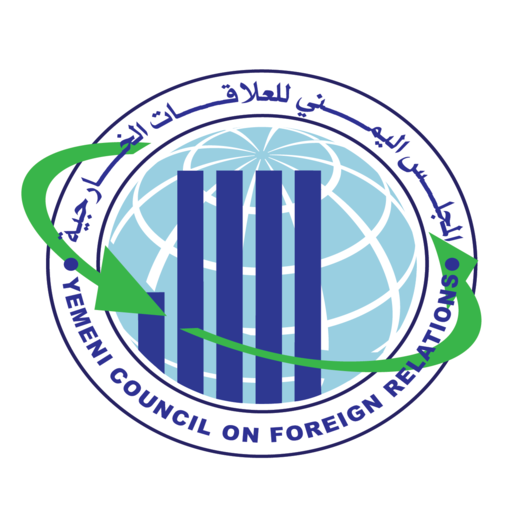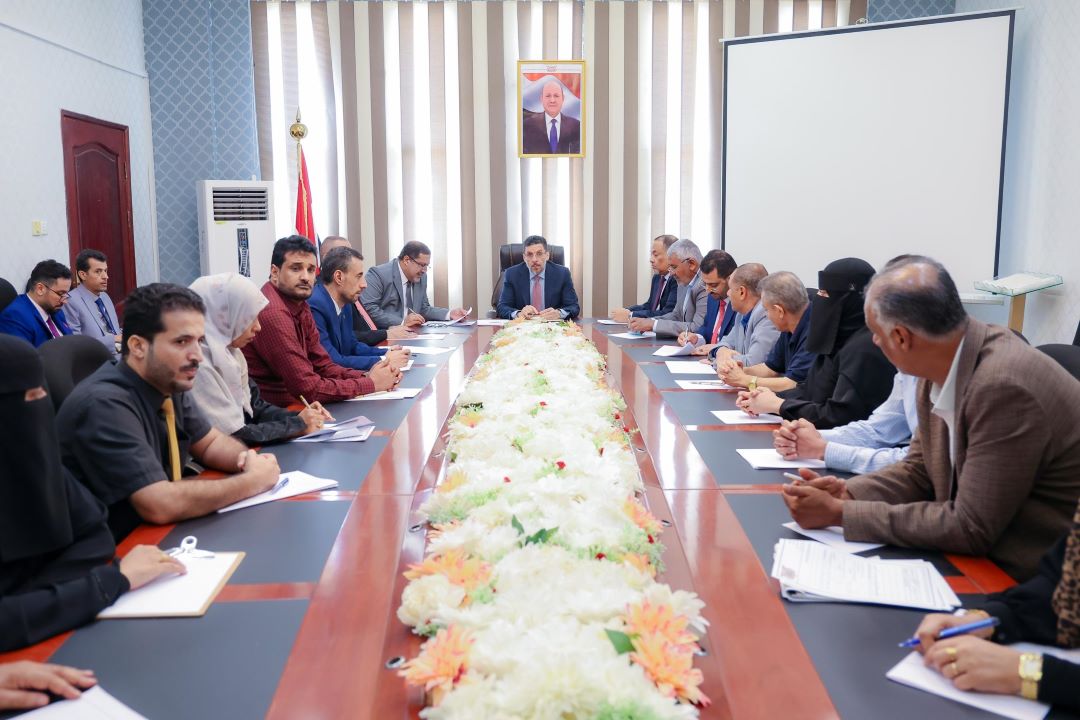Source: Prime Minister’s Office
On Tuesday, Prime Minister Dr. Ahmed Awad bin Mubarak visited the Ministry of Justice headquarters in the Ma’alla district of the temporary capital Aden, as part of his field visits to ministries and government institutions to review work progress and the level of reform implementation.
Upon his arrival, he was received by Minister of Justice Judge Badr Al-Aaradha and several ministry leaders.
The Prime Minister was briefed on the work of various departments and general administrations within the ministry, recognizing their efforts in supporting justice, enhancing the judiciary’s role and independence to ensure its mission in establishing justice, protecting rights and freedoms through providing logistical support, equipment, and auxiliary services.
Dr. Ahmed Awad bin Mubarak inspected the operations at the Public Services and Documentation Office, meeting with individuals handling transactions who shared their experiences regarding their dealings and the services provided by the ministry to citizens in documentation and other aspects. He urged the office staff to expedite citizens’ transactions and pay attention to their issues.
The Prime Minister also toured the ministry’s sectors, departments, and divisions, listening to explanations from Minister of Justice Judge Badr Al-Aaradha, officials, and employees about the workflow in court sectors, documentation, technical office, IT, financial and administrative affairs, planning, etc., and what has been achieved in terms of organizational and developmental efforts, technical support for courts, as well as automation projects and steps taken in this regard.
Following this, Prime Minister Dr. Ahmed Awad bin Mubarak chaired a meeting of the Ministry of Justice leadership, where the general activity of this judicial institution was discussed, including services provided to citizens, efforts to enhance performance, implement reforms, and fulfill its responsibilities in developing the judicial authority system overall.
The vital role of the Ministry of Justice in coordinating between the executive and judicial branches was also discussed, along with mechanisms to enhance institutional capabilities, activate legal tools to contribute to protecting rights and freedoms, strengthen judicial independence, improve judicial efficiency, and support court infrastructure.
The Prime Minister addressed the ministry’s leadership, expressing his satisfaction with the efforts made in administrative and technical aspects, development of work, and the rehabilitation and rebuilding of courts despite the current exceptional circumstances. He highlighted the pivotal role of the Ministry of Justice in supporting the judiciary and serving justice, upholding the rule of law for all.
He stated, “All the efforts you make have a significant impact on enhancing the prestige of justice, and your role alongside security and judicial entities is fundamental in protecting people’s rights and freedoms.”
Dr. Ahmed Awad bin Mubarak also touched on the general conditions at various levels and the government’s efforts to address existing and emerging challenges, including the depreciation of the national currency’s exchange rate, and the complementary roles in these exceptional conditions to alleviate ongoing hardships. He noted the priority of combating corruption and the role the Ministry of Justice could play in this regard, including developing oversight and inspection systems and collaborating with other agencies to enhance transparency and integrity in government work.
The Prime Minister confirmed that several corruption files have been referred to the relevant courts and prosecution offices, expecting stringent judgments against those involved. He emphasized the importance of activating legal accountability tools, enhancing awareness as part of the fight against corruption.
He directed the consideration of necessary legislative reforms to facilitate access to justice for all citizens, placing a stake in the Ministry of Justice and its staff in achieving the government’s vision for its five priorities, foremost among which is combating corruption and enhancing transparency and accountability.

